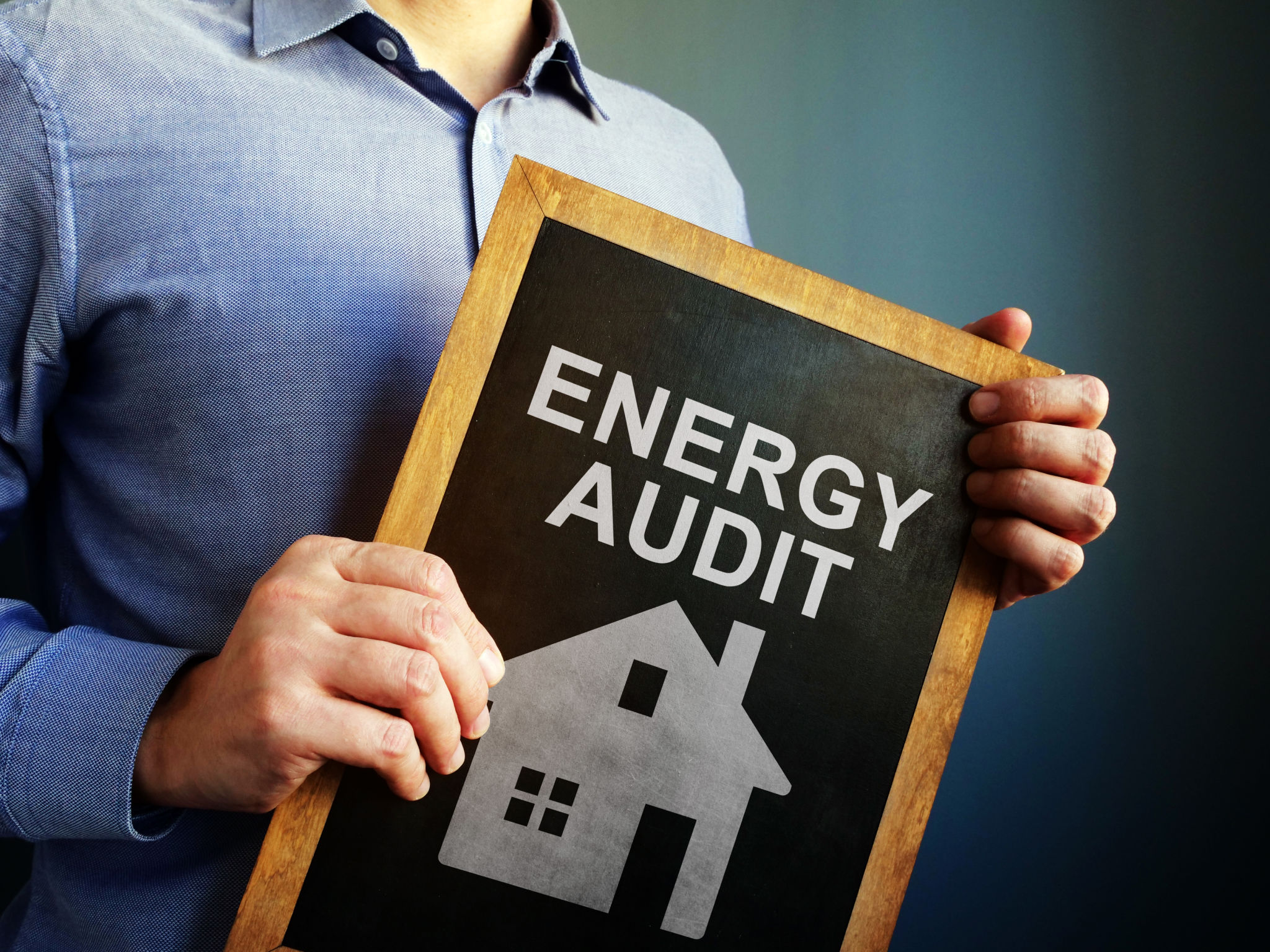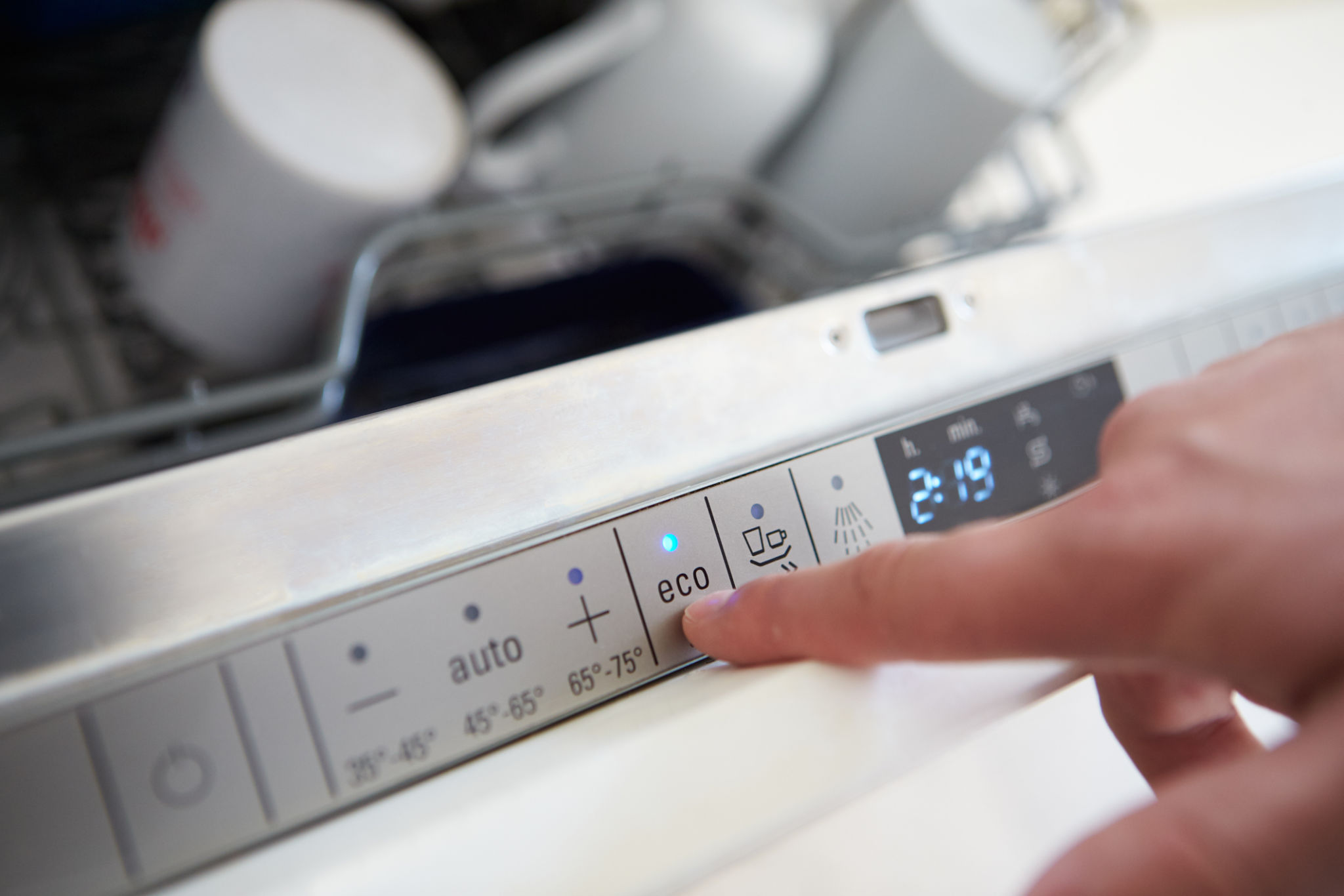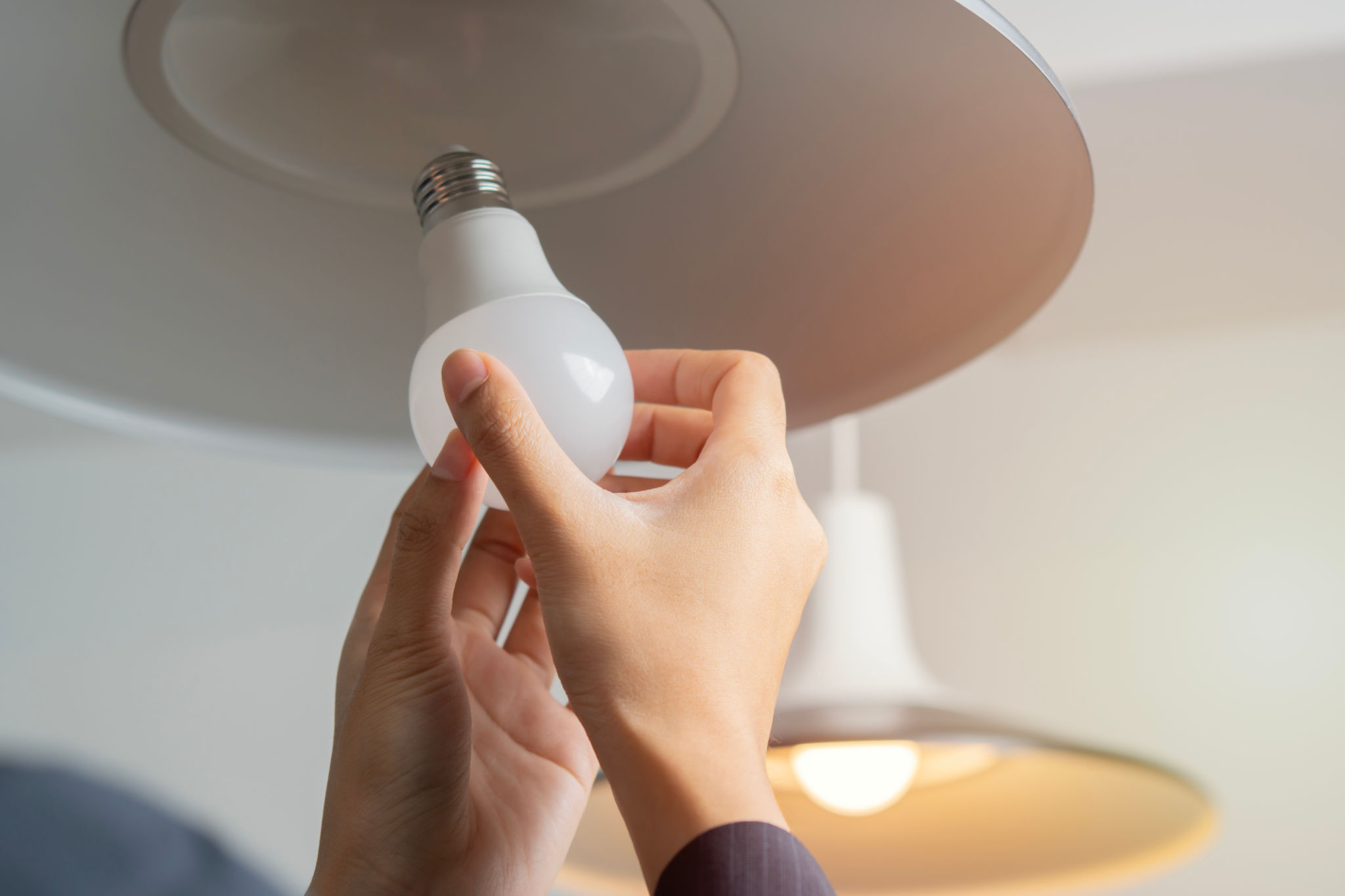DIY Tips for Increasing Clean Energy Savings at Home
Understanding Your Home's Energy Efficiency
Before diving into any DIY projects, it's crucial to understand your home's current energy efficiency. Start by conducting an energy audit. This can help you determine which areas consume the most energy and where you can make improvements. You can hire a professional or do it yourself with a simple checklist that includes checking for drafts, inspecting insulation, and evaluating your heating and cooling systems.

Seal and Insulate
One of the simplest and most cost-effective ways to boost your home's energy efficiency is by sealing and insulating. Check for drafts around windows and doors and use weather stripping or caulk to seal any gaps. Insulating your attic and walls can also prevent heat loss, keeping your home warmer in winter and cooler in summer, which can significantly reduce your energy bills.
Upgrade to Energy-Efficient Appliances
If you're still using outdated appliances, consider upgrading to energy-efficient models. Look for appliances with the ENERGY STAR label, which ensures they meet specific energy-saving standards. While the initial investment might be higher, the long-term savings on your utility bills can make it a worthwhile investment.

Utilize Smart Technology
Smart technology can play a significant role in reducing energy consumption. Installing a smart thermostat allows you to program heating and cooling schedules, ensuring your system only runs when necessary. Additionally, smart plugs and power strips can help you monitor and control energy usage for various devices throughout your home.
Switch to LED Lighting
Lighting accounts for a considerable portion of household energy use. Switching from traditional incandescent bulbs to LED bulbs can drastically reduce this consumption. LEDs not only use up to 75% less energy but also last much longer, providing another cost-saving benefit.

Practice Energy-Saving Habits
Sometimes the simplest changes can make a big difference. Cultivating energy-saving habits can lead to significant savings. Turn off lights when you leave a room, unplug electronics when they're not in use, and use natural light whenever possible. These small adjustments can collectively have a substantial impact on your energy consumption.
Consider Renewable Energy Options
If you're ready to take your energy savings to the next level, consider renewable energy sources like solar panels. While this is a more significant investment, government incentives and rebates can offset some of the costs. Over time, generating your own clean energy can lead to substantial savings and even allow you to sell excess power back to the grid.

Conduct Regular Maintenance
Finally, regular maintenance of your home's systems is crucial for ensuring optimal performance. Schedule annual check-ups for your HVAC system, clean filters regularly, and keep an eye on the condition of your roof and windows. By keeping everything in top shape, you can avoid costly repairs and maintain high energy efficiency.
Embracing these DIY tips not only boosts your home's energy efficiency but also contributes to a more sustainable lifestyle. By making these changes, you can enjoy reduced utility bills while playing your part in protecting the environment.
